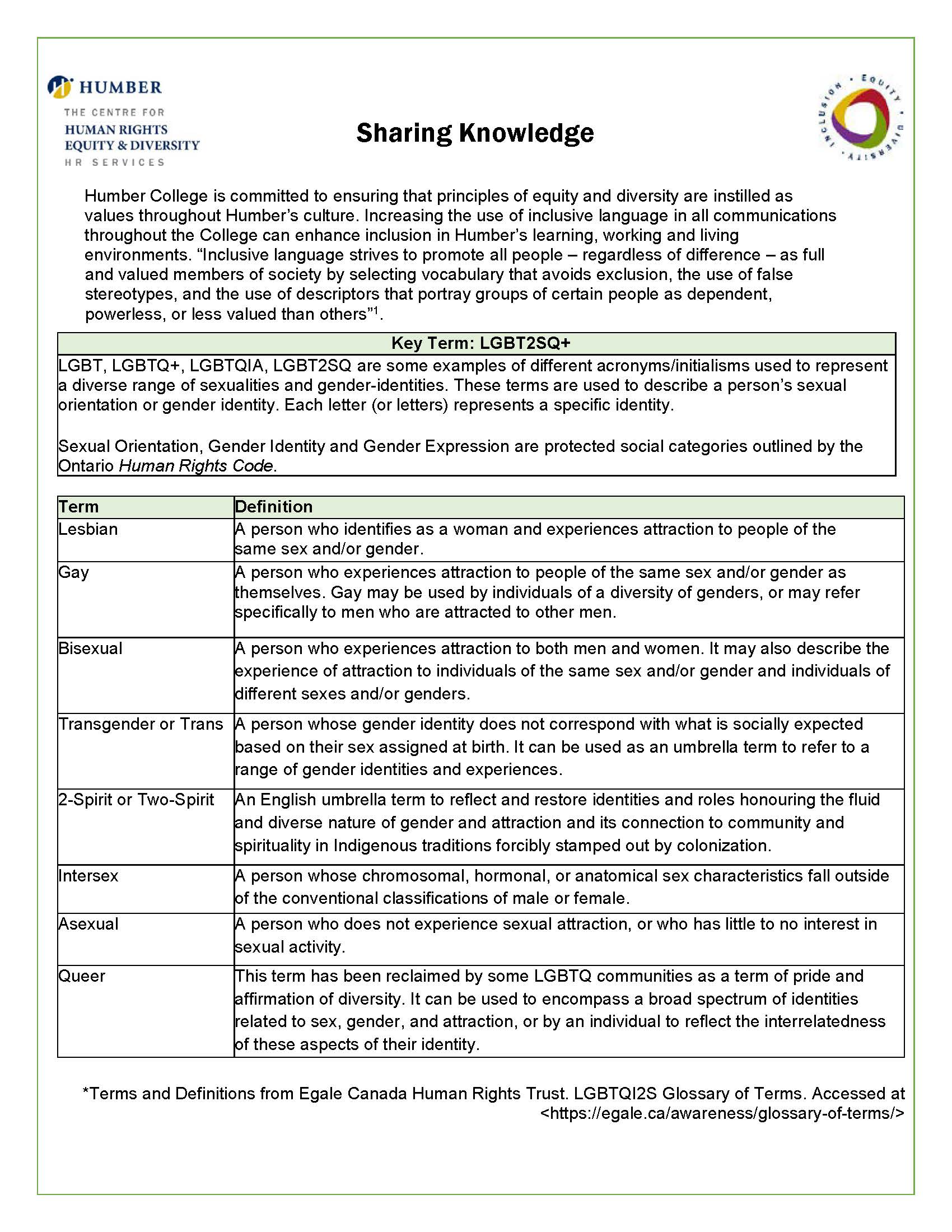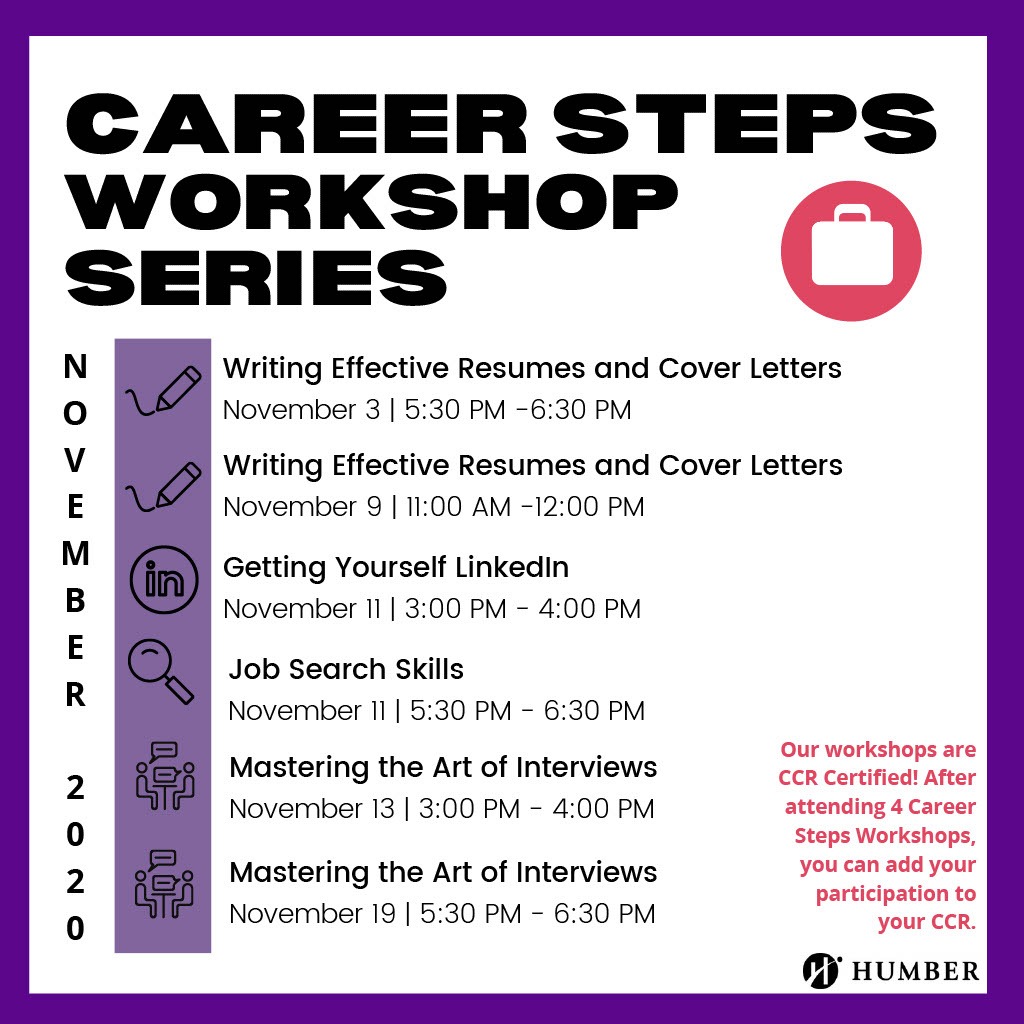Our United Way campaign is underway and we are looking to you to help us continue our tradition of supporting our community especially in these unprecedented times.
United Way is back this year and their mission is more important than ever before as they continue to provide a safety net to hundreds of thousands of people who need support year-round.
We want to extend a big thank you to everyone who participated in this year’s curbside pick-up pie sale in support of United Way. We appreciate the support, not only in the purchase of pies, but also in the donation of pies as well. And, although our campaign looks a little different this year (like everything else), please know there are still ways you can support this amazing cause to help so many people in our community.
One of the ways you can support United Way this year is through the GetUP challenge, #up4community that begins today! Since we can’t get together and climb the CN Tower this year, United Way is challenging you to engage in a physical activity of your choice for 280 minutes (which represents United Way’s network of 280 community agencies), over a two-week period. This could look like steps, stretching, jumping, skipping, dancing, riding your bike… use your imagination. The $20 registration is open, and the challenge begins today and ends on Nov. 22. In order to participate, United Way asks that you raise a minimum of $100. Register today at unitedwaygt.org/getup.
Another great way to support United Way is through payroll donations. This year, we will also be launching a new platform for gifts that automatically renews your support yearly so once you sign up, you won’t need to worry about renewing each year as the system will automatically do that for you. A small gift each pay can make a world of difference for someone else, especially during these times.
Lastly, we wanted to share the good news that Humber Gives and United Way are teaming up this year, as all of your support, whether to United Way or to our very own students is so important and appreciated. Humber gives within our halls and outside our walls.
Thanks in advance for your support!
Rudi Fischbacher and Carl Oliver
Co-Chairs, United Way Campaign



